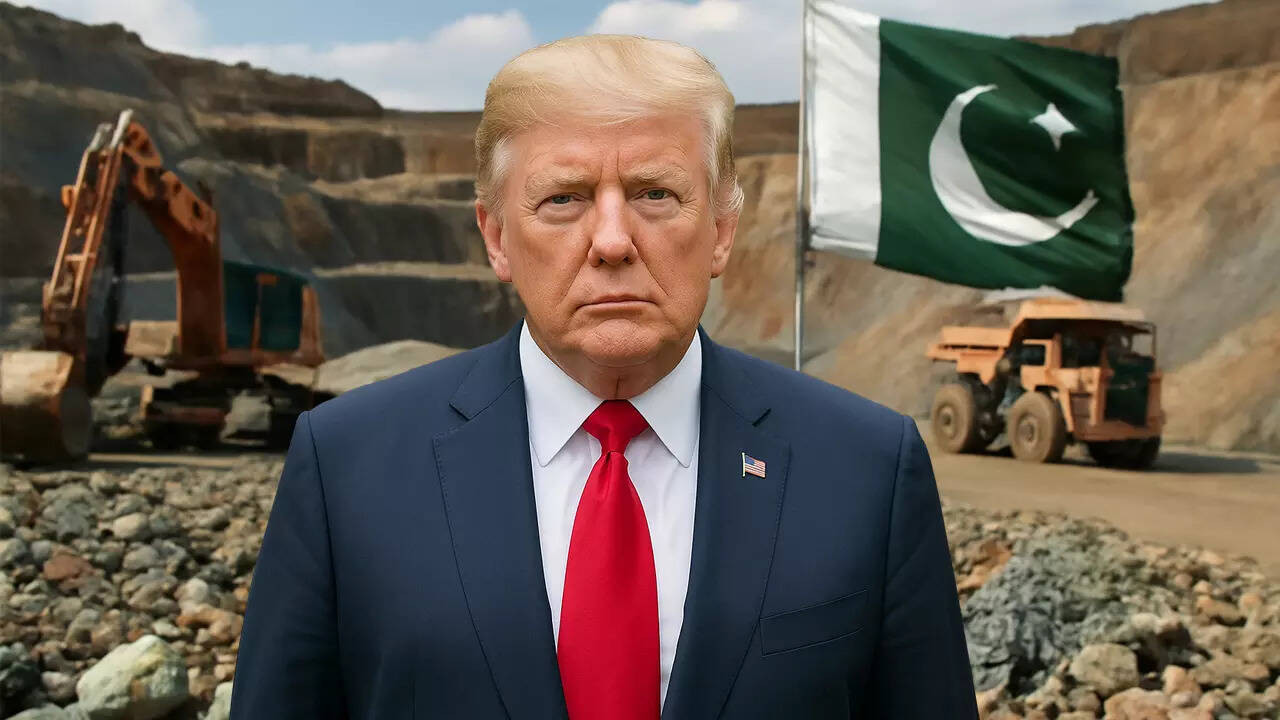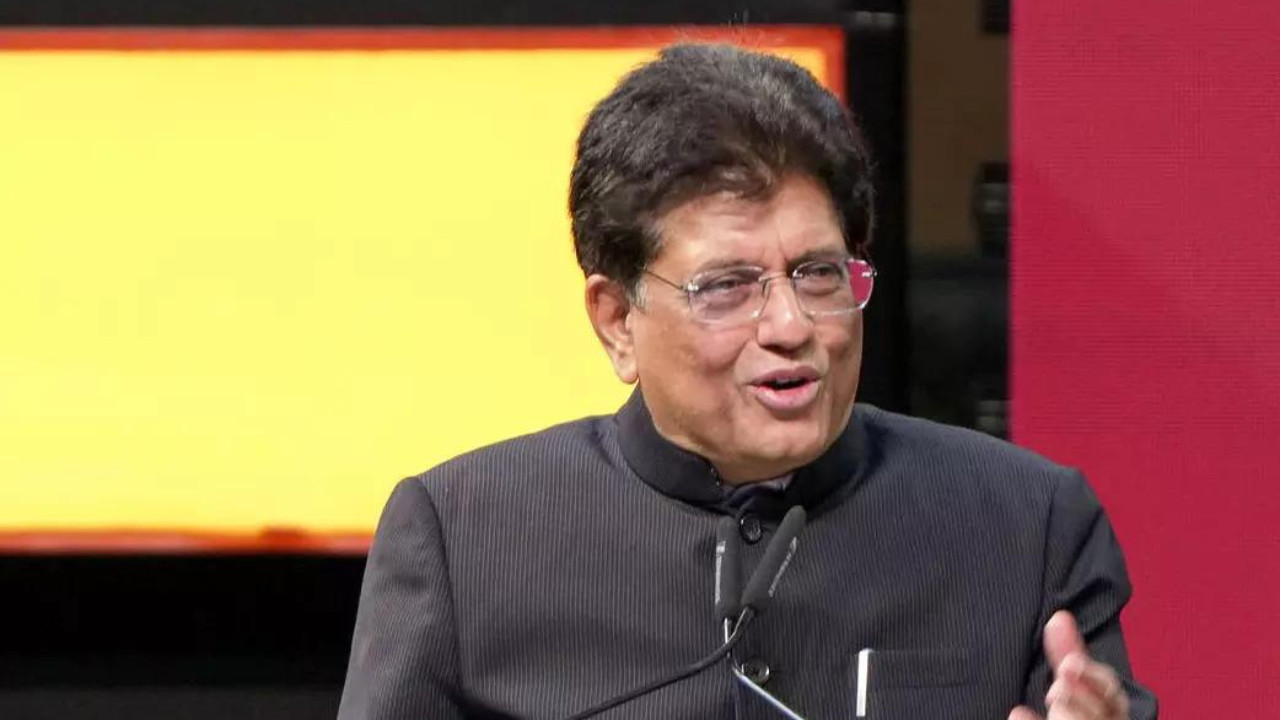Amid stalled trade talks with India, the US government aims to strengthen economic ties with Pakistan, focusing on critical minerals and hydrocarbons. Secretary of State Rubio highlighted the ongoing partnership, while Trump has in the past spoken of potential collaboration on Pakistan’s oil reserves.
Pakistan’s Untapped Potential: A New Chapter in US Trade?
Whispers are circulating that the United States is casting a keen eye towards deepening its trade relationship with Pakistan, and the potential is electrifying. Forget dusty notions of aid packages; this is about strategic collaboration, fueled by the allure of critical minerals and burgeoning hydrocarbon reserves. Could this mark a significant shift in the economic landscape for both nations?
Imagine a partnership built on something more substantial than fleeting geopolitical interests. We’re talking about raw materials essential for everything from electric vehicles to national defense – resources that could reshape global supply chains. Pakistan, it seems, is sitting on a treasure trove.
The buzz started after Pakistan apparently pitched the potential of its vast oil reserves to the US during recent discussions. Now, the US is reportedly exploring avenues to expand its economic footprint in the region, with a specific focus on these critical resources. This isn’t just about barrels of oil; it’s about a future powered by diverse and reliable sources.
Critical Minerals and the Future of Trade
But what exactly are these “critical minerals” everyone’s talking about? They’re the unsung heroes of modern technology. Think lithium for batteries, cobalt for electronics, and rare earth elements for countless industrial applications. The demand for these materials is skyrocketing as the world transitions to cleaner energy and embraces technological advancements. Nations that control access to these resources hold significant leverage.
This drive to secure reliable sources of critical minerals aligns with the US’s broader strategy to diversify its supply chains and reduce dependence on any single nation. Pakistan, with its largely unexplored mineral wealth, represents a compelling opportunity. It’s a chance to not only bolster the US economy but also to help Pakistan unlock its economic potential.

Of course, the road ahead isn’t without its bumps. Any significant trade deal requires careful negotiation, addressing security concerns, and ensuring transparent and sustainable resource extraction practices. It also necessitates significant investment in infrastructure to facilitate the exploration, mining, and transportation of these resources. Pakistan will need to demonstrate a commitment to responsible resource management and attract foreign investment to realize its full potential.
Beyond Oil: Diversifying Economic Ties
The potential isn’t solely limited to minerals and hydrocarbons. Deepening trade ties could open doors for collaboration in other sectors, such as agriculture, technology, and manufacturing. A diversified partnership would be more resilient and mutually beneficial, fostering innovation and creating jobs in both countries.
Furthermore, increased economic engagement could have positive spillover effects on regional stability. By promoting economic growth and opportunity, it can help address underlying factors that contribute to unrest and instability. This is a long-term game, and the potential rewards extend far beyond immediate financial gains.
The US already has a well-established trade relationship with Pakistan, but this renewed interest signals a desire to take things to the next level. It’s an opportunity to move beyond traditional aid-based relationships and forge a partnership grounded in mutual economic interests.
This potential shift in US-Pakistan trade relations also coincides with ongoing developments within Pakistan. Major infrastructure projects, like the China-Pakistan Economic Corridor (CPEC), are already underway, aiming to improve connectivity and boost economic growth. The US engagement could complement these efforts, further integrating Pakistan into the global economy. For more on regional trade dynamics, read our article on the Belt and Road Initiative.
Charting a New Course
This renewed focus on critical minerals and hydrocarbons could be the catalyst for a more robust and strategic economic partnership between the US and Pakistan. It’s an opportunity for Pakistan to leverage its untapped resources, attract foreign investment, and diversify its economy. For the US, it’s a chance to secure access to vital resources and strengthen its economic presence in a strategically important region.
The path forward requires careful planning, transparent negotiations, and a commitment to sustainable resource management. But the potential rewards – for both economies and for regional stability – are too significant to ignore. This isn’t just about extracting resources; it’s about building a lasting partnership based on mutual benefit and shared prosperity. The next chapter in US-Pakistan trade relations is being written, and it promises to be a fascinating one.







